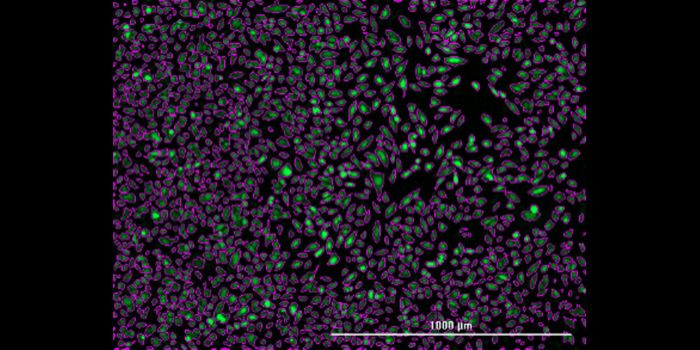Investigating the Link Between Vitamin B12 and Multiple Sclerosis
Multiple sclerosis (MS) is an autoimmune disease in which the protective coating that insulates neurons, called the myelin sheath, is attacked and destroyed in the central nervous system. The symptoms of the disease can vary widely from one person to another, and may be mild or debilitating. Researchers have long known that MS can bear a striking resemblance to vitamin B12 deficiency. Vitamin B12 is essential for the development and function of the central nervous system, so some associations are not entirely surprising. Both MS and vitamin B12 deficiency can cause numbness or tingling in the hands or feet, movement difficulties, cognitive dysfunction, and vision loss.
Now scientists have gotten new insights into the association between these conditions. The research showed that an MS drug can reduce symptoms of the disease by regulating biochemical pathways that involve vitamin B12. The therapeutic can reduce the distribution of aberrant T and B immune cells that attack myelin in MS patients.
Work with animal models and post-mortem human brains has now shown that the MS drug, called FTY720 (and also known as fingolimod or Gilenya), increases the activity of a B12 receptor called CD320 in astrocytes, an abundant type of cell in the central nervous system that helps support neurons and performs a wide variety of functions that are related to many aspects of physiology. The CD320 receptor can only use B12 while the vitamin is attached to a carrier protein called transcobalamin 2 or TCN2.
The findings have been published in Cell Reports, and they could help lead to the development of better MS therapeutics.
TCN2 shares a binding partner with fingolimod. This observation shows how B12 signaling and MS are mechanistically linked, and reveals how neuroinflammation and possibly neurodgeneration can be reduced, said senior study author Jerold Chun, MD, PhD, a professor and senior vice president of neuroscience drug discovery at Sanford Burnham Prebys.
"Augmenting brain B12 with fingolimod or potentially related molecules could enhance both current and future MS therapies," added Chun.
When levels of either CD320 or B12 were lower, such as through dietary restriction, symptoms of MS worsened in animal models. The efficacy of fingolimod was also reduced. The drug can bind to TCN2-B12 complexes and move to astrocytes by interacting with CD320. But the loss of parts of that process, like B12 or CD320, disrupted it and made the disease worse.
Thus, B12 supplements could help improve the efficacy of some MS therapeutics. The study showed that B12 formations that target the brain should be developed, added Chun. "In the future, this mechanism might also extend to novel treatments of other neuroinflammatory and neurodegenerative conditions."
Sources: Sanford Burnham Prebys Medical Discovery Institute, Cell Reports









